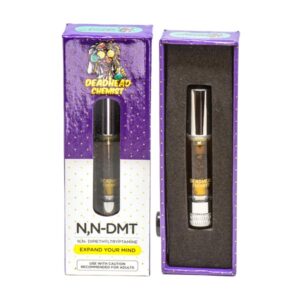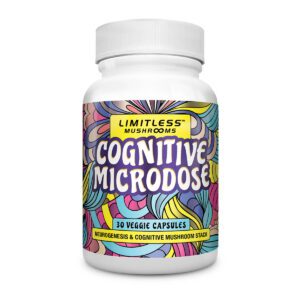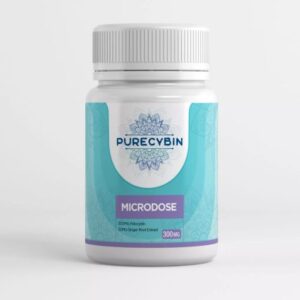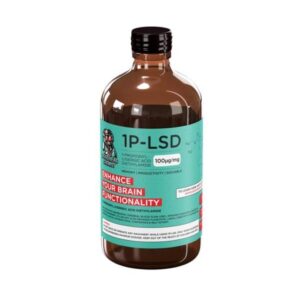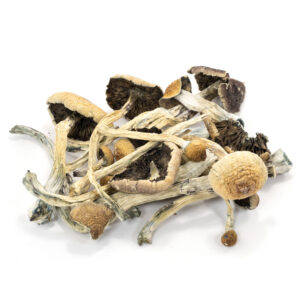Psychedelics, long associated with counterculture and recreational use, are now gaining recognition for their potential to enhance mental well-being.
Research suggests that substances like psilocybin, LSD, and MDMA can significantly improve mental health by addressing conditions such as depression, anxiety, and PTSD, while also fostering emotional resilience and personal growth.
How Psychedelics Work
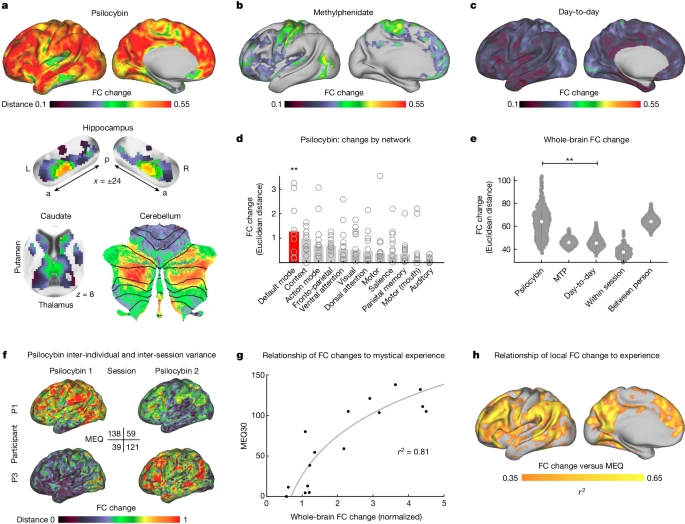
Psychedelics interact with serotonin receptors in the brain, particularly the 5-HT2A receptor, which regulates mood, cognition, and perception. By increasing serotonin levels, these substances induce altered states of consciousness, often characterized by heightened emotional processing and introspection. This process can temporarily disrupt the brain’s default mode network (DMN), a system associated with self-referential thinking and rumination, allowing for the formation of new neural connections and perspectives.
Mental Health Benefits
Clinical studies have demonstrated that psychedelics can produce rapid and long-lasting improvements in mental health.
For example, psilocybin has shown efficacy in treating major depressive disorder, with participants reporting significant symptom reduction after just one or two doses. Similarly, MDMA-assisted therapy has been effective in alleviating PTSD symptoms, helping individuals process trauma and reduce fear responses.
Emotional Well-being and Personal Growth
Beyond symptom relief, psychedelics facilitate profound emotional and spiritual experiences. Users often report increased feelings of connectedness, altruism, and a renewed sense of purpose. These transformative experiences can lead to lasting changes in behavior and outlook, contributing to overall well-being. Microdosing, the practice of taking sub-perceptual doses of psychedelics, has also gained popularity for its potential to enhance mood, focus, and creativity without inducing intense altered states.
Challenges and Considerations
While the benefits are promising, psychedelics are not without risks. Some users may experience adverse effects, such as increased anxiety or temporary disorientation, particularly in uncontrolled settings. Additionally, the legal status of these substances remains a barrier to widespread therapeutic use, though ongoing research and policy changes are gradually shifting perceptions.
The Future of Psychedelics in Wellness
As the evidence base grows, psychedelics are poised to become a cornerstone of mental health treatment. Their ability to promote neuroplasticity, emotional healing, and personal transformation offers a unique approach to addressing mental health challenges. Continued research and responsible integration into therapeutic practices will be essential to unlocking their full potential.
Psychedelics represent a promising frontier in the pursuit of mental wellness, offering not just relief from symptoms but a pathway to deeper emotional and spiritual fulfillment. As understanding evolves, these substances may play a pivotal role in reshaping mental health care.





